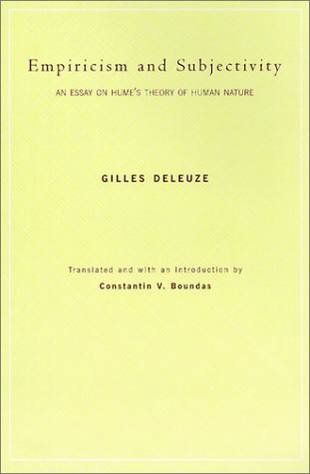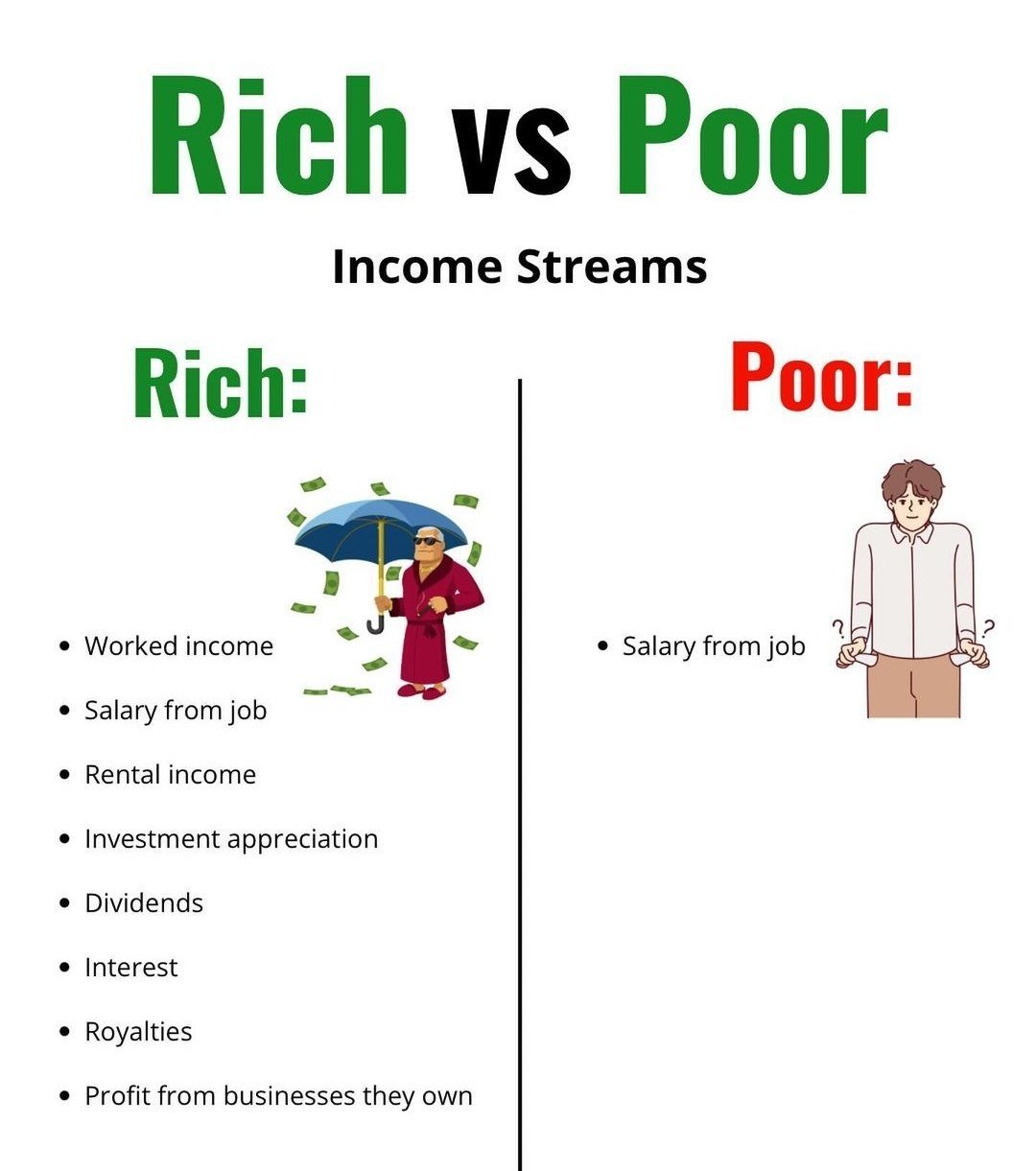
Empiricism and Subjectivity: An Essay on Hume’s Theory of Human Nature
Short Audio Book Summary
Empiricism and Subjectivity: An Essay on Hume’s Theory of Human Nature Summary
0:00 / 0:00Reviews
No review yet. Be the first to review this book!
Description
While I don't have direct access to specific essays or books, I can provide a general overview of David Hume's empiricism and his theory of human nature. Empiricism in Hume's Philosophy: 1. Empirical Method: - Hume was a prominent figure in the Scottish Enlightenment and a key proponent of empiricism. He argued that all human knowledge is derived from sensory experience and that our understanding is based on empirical observation. 2. Association of Ideas: - Hume proposed that our ideas are formed through the association of impressions and that these associations are the basis of our thoughts and beliefs. He identified three fundamental principles of association: resemblance, contiguity, and cause and effect. Hume's Theory of Human Nature: 1. Impressions and Ideas: - Hume distinguishes between impressions (vivid and lively perceptions) and ideas (faint copies of impressions). He argues that all complex ideas are ultimately composed of simple impressions. 2. Bundle Theory of the Self: - Hume challenged the notion of a persistent and unified self. Instead, he proposed a bundle theory of the self, suggesting that what we consider the self is merely a bundle of perceptions and experiences. 3. Custom and Habit: - Hume emphasized the role of custom and habit in shaping our beliefs and expectations. He argued that our beliefs about cause and effect, for example, are not grounded in reason but in habitual association between events. 4. Skepticism and Induction: - Hume's empiricism led him to adopt a skeptical stance on certain philosophical issues, particularly induction. He questioned the justification for our belief in the uniformity of nature and the assumption that the future will resemble the past. 5. Morality and Sentiment: - Hume applied his empirical approach to moral philosophy. He argued that moral judgments are based on sentiment rather than reason. He famously stated that "reason is, and ought only to be the slave of the passions." Understanding Hume's empiricism and theory of human nature involves delving into these key ideas, as well as his discussions on causation, skepticism, and morality. If the specific essay you're referring to explores these themes, it likely delves deeper into the nuances of Hume's philosophy and its implications for understanding the human experience.





















.jpeg)










.jpg)
.jpeg)






.jpg)

.jpg)

.jpeg)





.jpg)
.jpeg)
.jpeg)















.jpg)

.jpg)








.png)



.jpg)




















.png)









